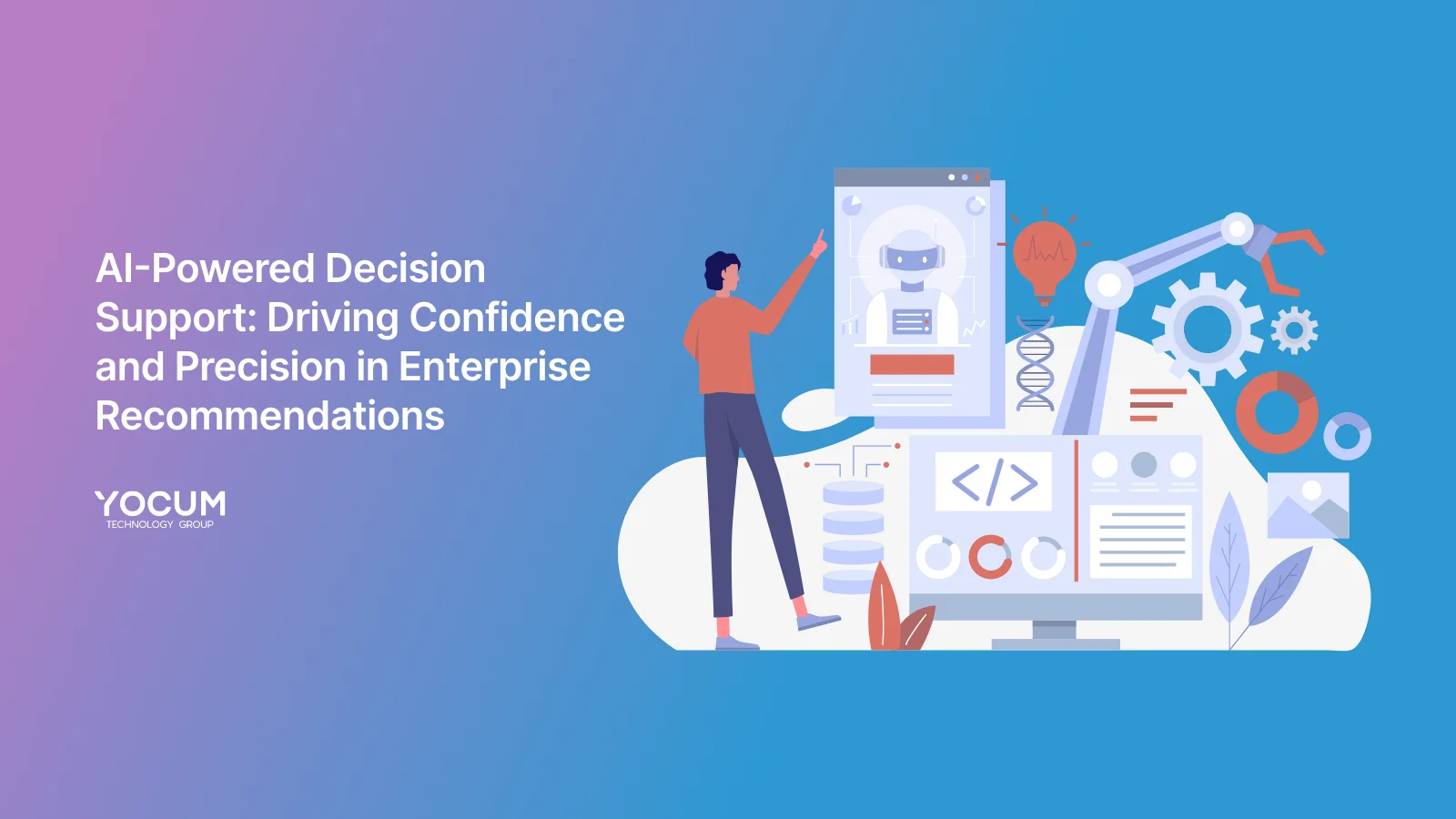10 Essential Tips for Successful Mobile App Development
Key Takeaways
- Define Your App's Purpose: A clear and well-defined purpose is the foundation of successful mobile app development, guiding the entire development process and ensuring alignment with business goals.
- Focus on User Experience (UX): Prioritizing intuitive navigation, responsive design, and accessibility ensures a seamless user experience, which is crucial for user retention and satisfaction.
- Plan for App Store Optimization (ASO): Effective ASO strategies, such as keyword optimization, compelling visuals, and encouraging positive reviews, enhance your app's visibility and drive organic downloads.

Developing a mobile app is a crucial step for businesses looking to stay competitive in today's digital business world. With millions of apps available in app stores, it's essential to follow best practices to ensure your app stands out and succeeds. This article will guide you through ten essential tips for successful mobile app development.
Define Your App's Purpose
The foundation of successful mobile app development lies in defining a clear purpose for your app. Understanding the core function of your app will guide your development process and ensure alignment with your business goals.

Examples of Successful Apps with Clear Purposes:
- Evernote: A note-taking app focused on helping users organize their thoughts and tasks.
- Spotify: A music streaming app aimed at providing users access to a vast library of songs.
Research Your Market
Conducting thorough market research is essential before diving into development. Understanding your target audience and analyzing competitors helps identify market gaps and opportunities.
Methods for Market Research:

- Surveys and Interviews: Engage directly with potential users to gather insights.
- Competitor Analysis: Examine successful apps in your niche to learn from their strengths and weaknesses.
- Market Reports: Utilize industry reports to understand market trends and consumer behavior.
Choose the Right Technology Stack
Selecting the right technology stack is crucial for the app’s performance, scalability, and maintainability. Your choice should be guided by the app's requirements, target audience, and long-term vision.
Popular Technology Stacks:
- For Native Apps: Swift (iOS), Kotlin (Android)
- For Cross-Platform Apps: React Native, Flutter
Focus on User Experience (UX)
A seamless user experience is key to retaining users. Prioritizing intuitive navigation, responsiveness, and accessibility will enhance user satisfaction.

Key UX Principles:
- Intuitive Navigation: Ensure users can easily find what they need.
- Responsive Design: Adapt to various screen sizes and orientations.
- Accessibility: Make your app usable for people with disabilities.
Prioritize App Security
Robust security measures are critical to protect user data and maintain trust. Address common security vulnerabilities and implement best practices.
Security Best Practices:
- Encryption: Secure data in transit and at rest.
- Secure Authentication: Implement multi-factor authentication to protect user accounts.
Test, Test, and Test Again
Thorough testing at every stage of development helps identify and fix issues early, ensuring a smooth user experience upon release.
Types of Testing:
- Functional Testing: Ensure all features work as intended.
- Usability Testing: Validate the app's ease of use.
- Performance Testing: Assess the app's performance under various conditions.
Plan for App Store Optimization (ASO)
App Store Optimization (ASO) enhances your app's visibility in app stores, driving organic downloads. Optimize app titles, descriptions, keywords, and visuals.
ASO Tips:
- Keyword Optimization: Use relevant keywords in the app title and description.
- Compelling Visuals: Use high-quality screenshots and videos to attract users.
- User Reviews: Encourage positive reviews and ratings.
Keep It Updated and Maintainable
Regular updates and maintenance keep your app relevant and functional. Manage updates efficiently and maintain code quality.
Maintenance Strategies:
- Regular Updates: Continuously improve your app with new features and fixes.
- Code Reviews: Regularly review and refactor code to maintain quality.
Gather User Feedback
Actively seeking and incorporating user feedback helps improve your app and meet user needs more effectively.
Methods for Gathering Feedback:
- In-App Prompts: Ask users for feedback within the app.
- Surveys: Conduct surveys to gather detailed feedback.
- App Reviews: Monitor and respond to reviews on app stores.
Market Your App Effectively
Effective marketing is essential for your app’s success. Use various strategies to promote your app and attract users.
Marketing Strategies:
- Social Media: Leverage platforms like Facebook, Instagram, and Twitter to reach your audience.
- Influencer Partnerships: Collaborate with influencers to expand your reach.
- Paid Advertising: Use targeted ads to increase visibility and downloads.
Conclusion
Following these essential tips will help you navigate the complexities of mobile app development and create a successful app. Remember to define a clear purpose, conduct thorough market research, choose the right technology stack, prioritize user experience, ensure app security, test rigorously, optimize for app stores, maintain and update your app, gather user feedback, and market effectively.
For further reading on mobile app development, check out Yocum Technology Group’s mobile app development services and Google's Mobile-Friendly Test.




